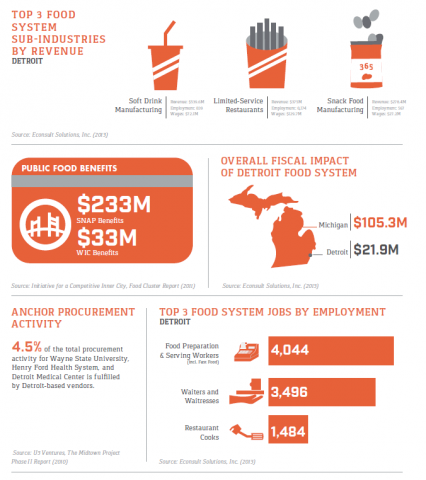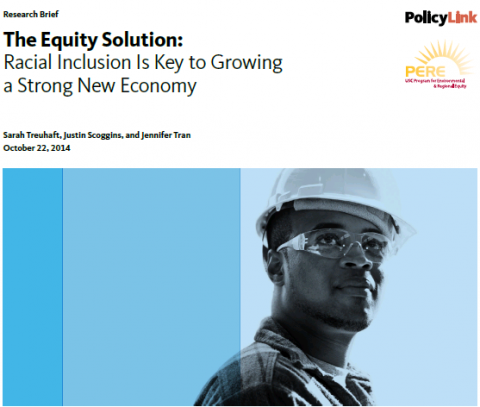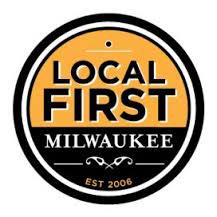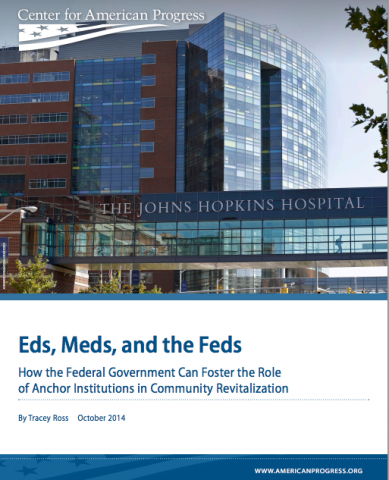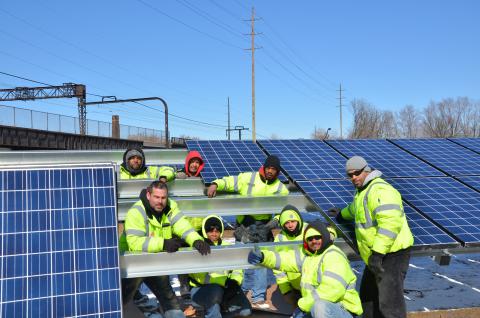One in five households regularly rely on fringe financial services to meet their needs. Nationally, 55.6 percent of consumers have subprime credit scores, meaning they cannot qualify for credit or financing at prime rates. In its 2015 Asset and Opportunity Scorecard, the Corporation for Enterprise Development (CFED) describes these and other difficulties faced by many Americans and breaks down disparities by race and state. The report also outlines how a combination of state policies such as protections against predatory lending and the establishment of housing trust funds can help families achieve economic security.
